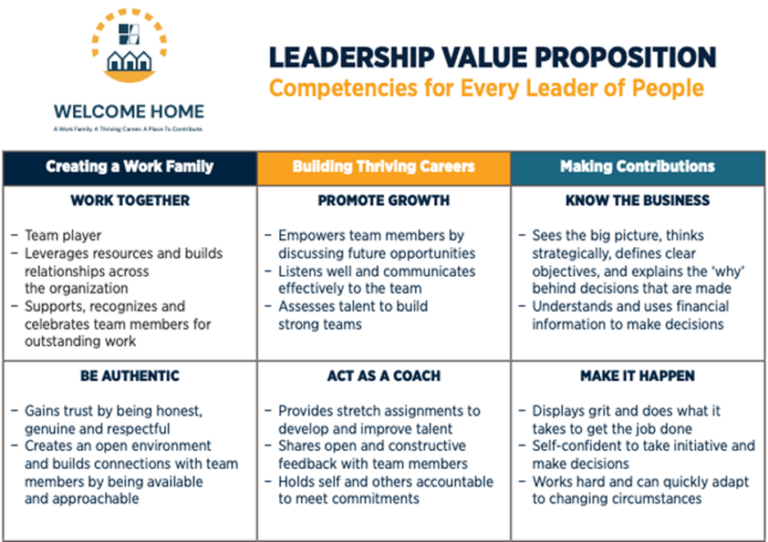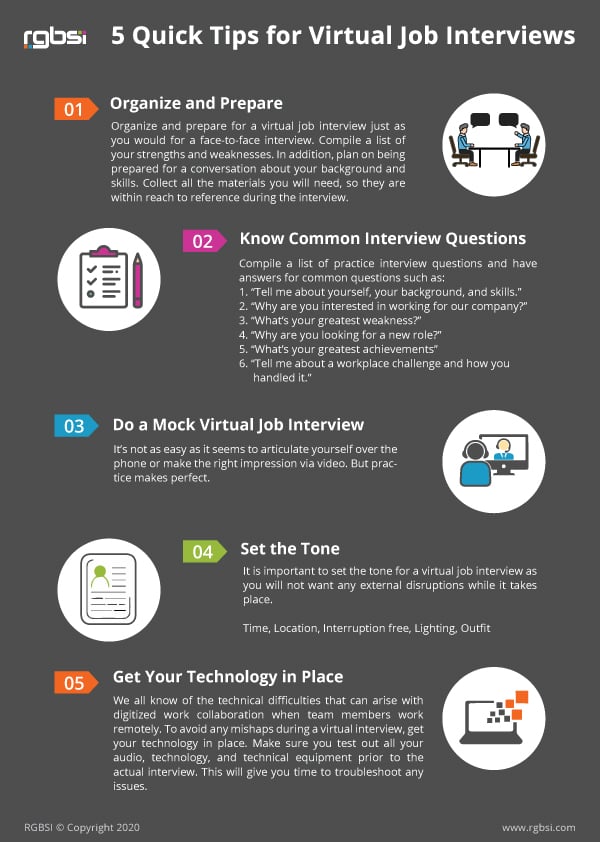Careers Related to Data Science: Unlocking Opportunities in a Thriving Field
Data science has emerged as one of the most dynamic and high-demand fields in the tech industry. As businesses and organizations continue to rely on data to make informed decisions, the need for skilled professionals to analyze, interpret, and utilize data has never been greater. Careers related to data science offer not only the opportunity to work on exciting projects but also the chance to be at the forefront of innovation in industries like healthcare, finance, marketing, and technology. Whether you’re an aspiring data scientist or exploring related roles, this article will guide you through the diverse career options within the field of data science.
Data Scientist: The Heart of Data Analysis
The role of a data scientist is at the core of the data science field. Data scientists are responsible for collecting, analyzing, and interpreting large sets of data to help businesses solve complex problems and make informed decisions. They use various techniques, including machine learning, statistical modeling, and data mining, to identify patterns and trends. Data scientists often work with programming languages like Python, R, and SQL to clean and analyze data. This role requires strong analytical skills, a deep understanding of algorithms, and the ability to communicate findings clearly. Data scientists are in high demand across industries, with competitive salaries and career growth potential.
Data Analyst: Turning Data into Actionable Insights
While similar to data scientists, data analysts focus on interpreting data and presenting actionable insights to support decision-making. Data analysts typically work with structured data and utilize tools like Excel, Tableau, or Power BI to analyze trends and generate reports. They may work closely with business teams to help identify key performance indicators (KPIs) and provide recommendations based on their analysis. This role often serves as an entry point into the data science field, offering a solid foundation in data analysis and visualization techniques. Data analysts are essential in helping businesses understand their data and apply it to strategic initiatives.
Machine Learning Engineer: Building Intelligent Systems
Machine learning engineers specialize in designing and implementing algorithms that allow computers to learn from data and make predictions. They work closely with data scientists to develop machine learning models and deploy them into production environments. These engineers are experts in programming languages such as Python, Java, and C++, and they often work with machine learning frameworks like TensorFlow and PyTorch. As machine learning continues to grow in popularity, machine learning engineers are increasingly sought after to help companies build smarter, more efficient systems. This role requires both strong software engineering skills and an understanding of statistical modeling.
Data Engineer: Building the Infrastructure for Data Science
A data engineer plays a crucial role in ensuring that data flows smoothly through systems and is accessible for analysis. These professionals design, build, and maintain the infrastructure needed to collect, store, and process large datasets. Data engineers often work with databases, data warehouses, and cloud services to create efficient systems for handling big data. They focus on data pipelines, ensuring that data is cleaned, transformed, and loaded correctly for use by data scientists and analysts. While data engineers may not focus as heavily on analyzing the data itself, they play an essential role in enabling data-driven decision-making by ensuring that data is ready for analysis.
Data Architect: Designing Data Systems for Success
A data architect is responsible for designing the structure and organization of data systems. They work with data engineers to ensure that data storage and processing systems are scalable, efficient, and secure. Data architects focus on creating databases and data warehouses that can support complex analytical and operational workloads. They also ensure that data architecture aligns with the overall business strategy. This role requires a deep understanding of database technologies, data modeling, and system design. Data architects play a key role in setting the foundation for data-driven organizations and are essential for ensuring that data systems can scale with growing business needs.
FAQs
Q1: What qualifications do I need to become a data scientist?
Typically, a data scientist requires a strong background in mathematics, statistics, computer science, and programming. A bachelor’s or master’s degree in a related field is common, though some roles may be accessible with self-taught skills or bootcamp certifications.
Q2: How is a data analyst different from a data scientist?
Data analysts focus on interpreting and visualizing data to generate reports and insights, while data scientists use advanced techniques like machine learning and statistical modeling to build predictive models and solve complex problems.
Q3: Can I transition into a data science career without a background in tech?
Yes, many professionals transition into data science by learning key skills like programming, statistics, and machine learning through online courses, bootcamps, and certifications. Having a strong foundation in critical thinking and problem-solving is also beneficial.
Q4: Is machine learning engineering a good career path?
Yes, machine learning engineering is a rapidly growing field with high demand for skilled professionals. It offers competitive salaries and opportunities to work on cutting-edge technologies in various industries, including healthcare, finance, and tech.
Q5: What tools and programming languages are commonly used in data science careers?
Data scientists and related roles commonly use programming languages such as Python, R, and SQL. Tools like TensorFlow, Tableau, and Apache Hadoop are also frequently used for machine learning, data visualization, and big data processing.

